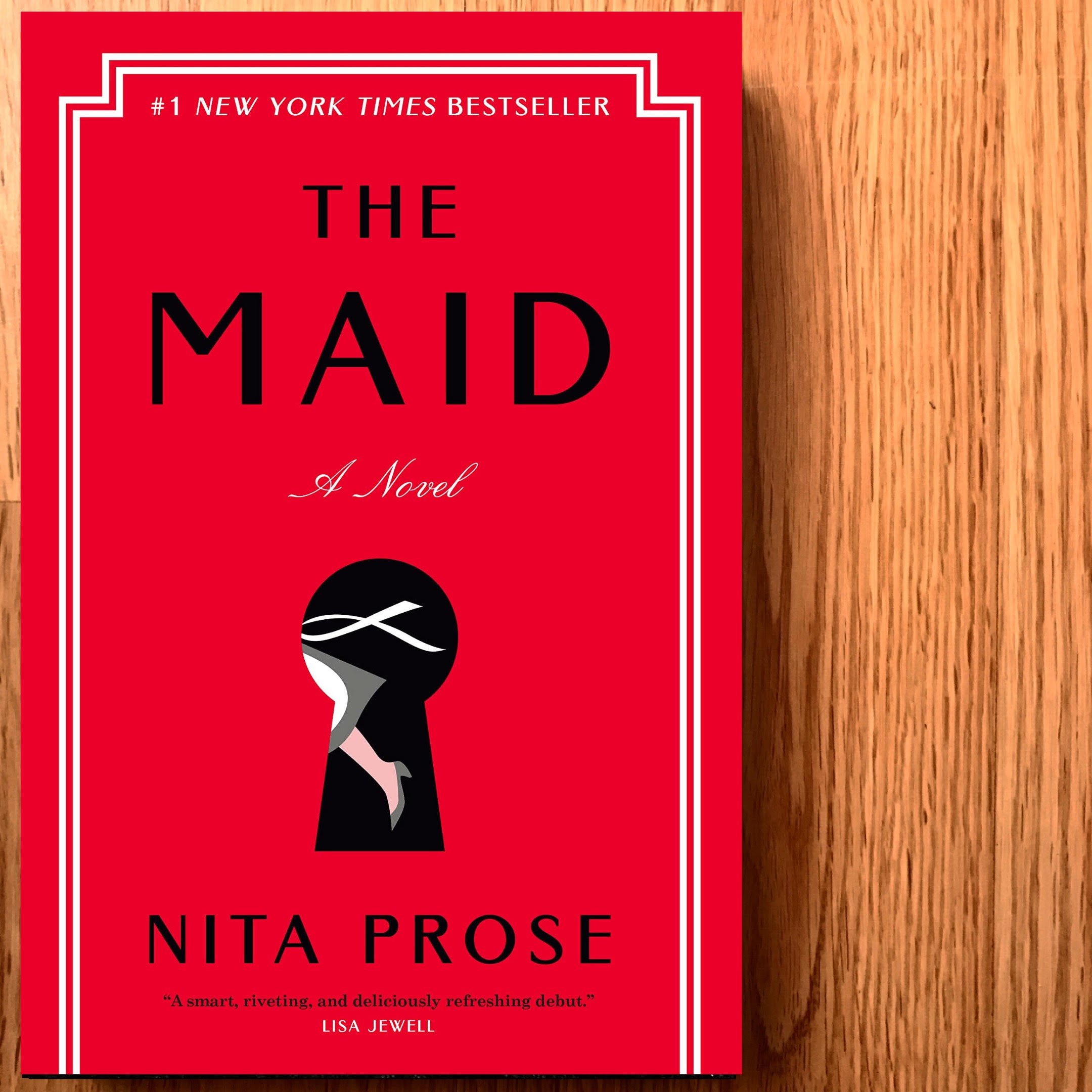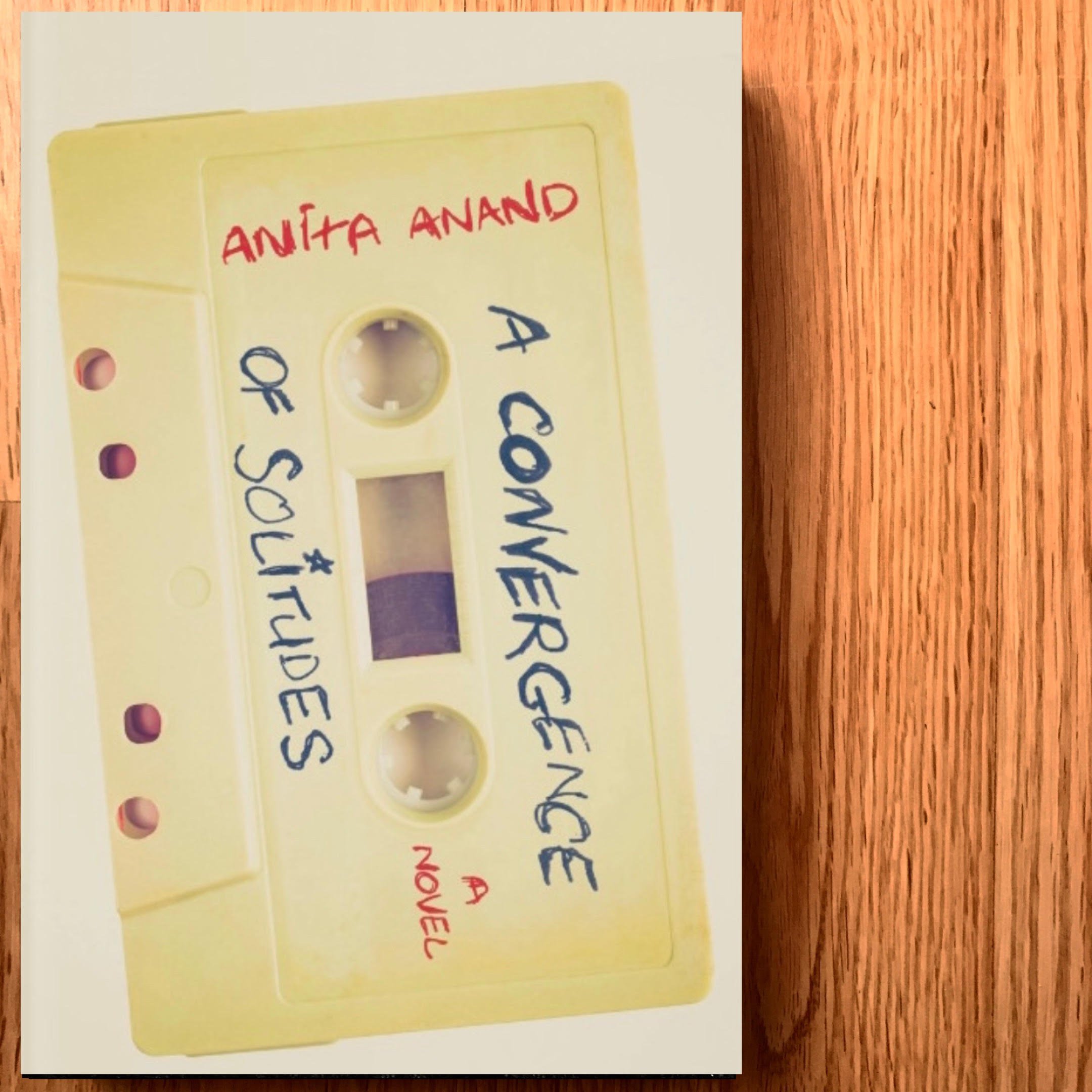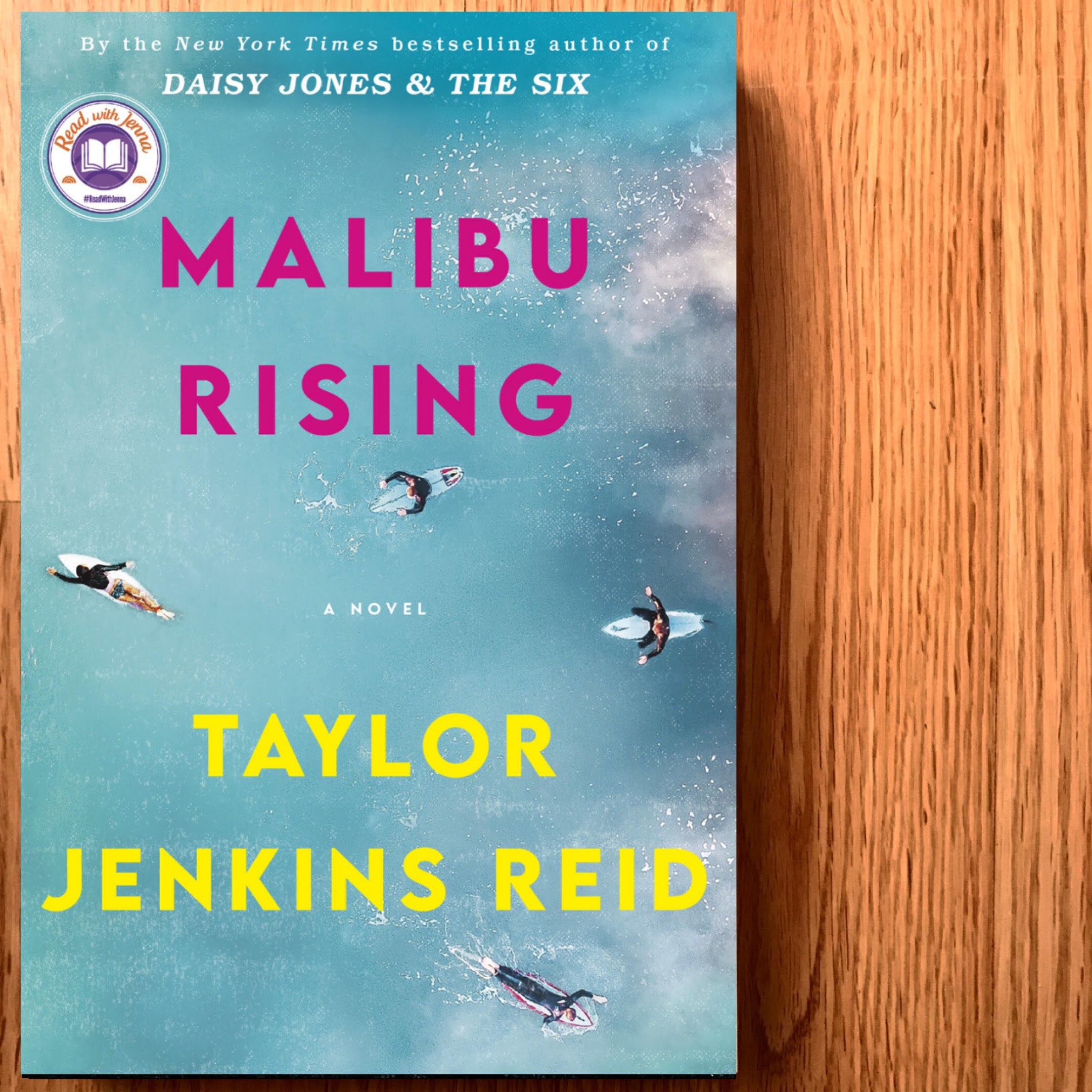By Melissa Khan
Living a simple life in a small quaint village, Dorn has no need for adventure. He makes his miniatures and finds ways to stay content—yet life is far from idyllic. His relationships with his cold father and philandering brother are strained, and his feelings for the beautiful schoolteacher, Ravenna, are wanting to come out.
Adventure is brought into his life when the government sponsors the “Wild Home Project,” wherein wolves, rats, minks, otters, and even bears are brought into people’s homes. Suddenly, his fellow townspeople are acting stranger than usual, and Dorn can’t quite figure out the draw of living with such danger. I was surprised that Dorn was not one of the people who initially signed up for the project and that he remained skeptical of it throughout the story. Considering the title of the novel, I expected the animals to play a bigger part. But following his perspective gives readers the feeling of being on the outside, as Dorn is, and the reader can be just as curious as he is about the strange behaviour he observes.
But when someone close to him is found dead, and a mysterious note appears at his door commissioning one of his miniatures, something changes for Dorn—could it be confidence? For the first time excitement and tragedy are fuelling him. I enjoyed the quiet shift we see in our main character and the way it is subtly woven into the story. Even at the climax, it still felt somewhat subdued. The conflict between Dorn and his brother felt like a real conversation between rival siblings, not overly dramatic but painfully impactful, even amongst the fantastical elements. Even his relationship with Ravenna was so delicate and fine, and made me question if it was really there at all.
This book can be aptly referred to as a fairy tale, full of magic realism. A relatively quick read, I found myself intrigued in every chapter. It wasn’t the most thrilling, and I don’t think the length allowed me to really connect to any of the characters. They all seemed like sketches, not enough to really see, but as a reader I did feel somewhat attached and invested in their endings, which I thought was one of its biggest strengths. “Does Dorn live happily ever after?” will be a question I continue to ask myself.
Thank you to Book*hug Press for sending me a copy in exchange for an honest review.
















